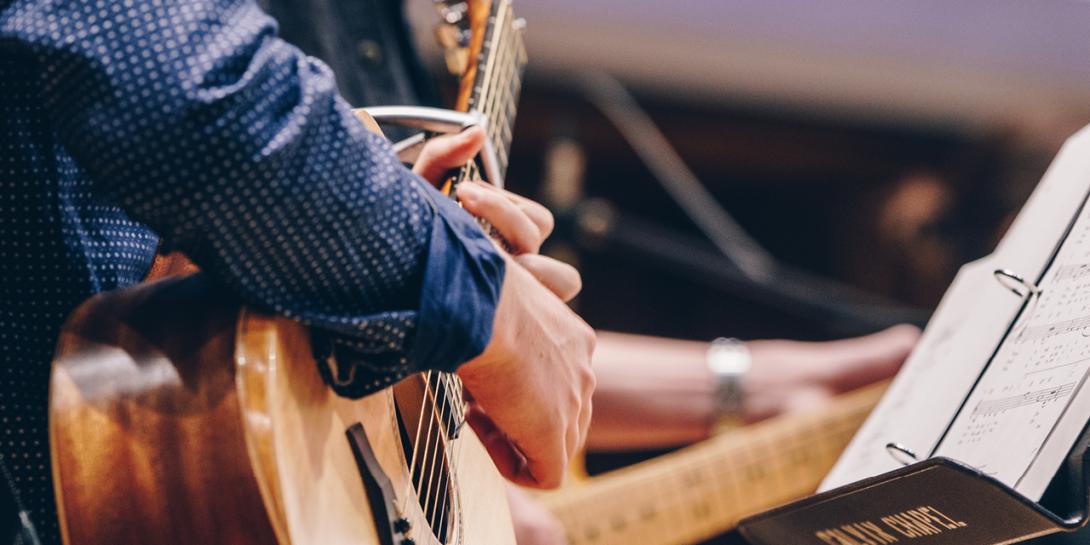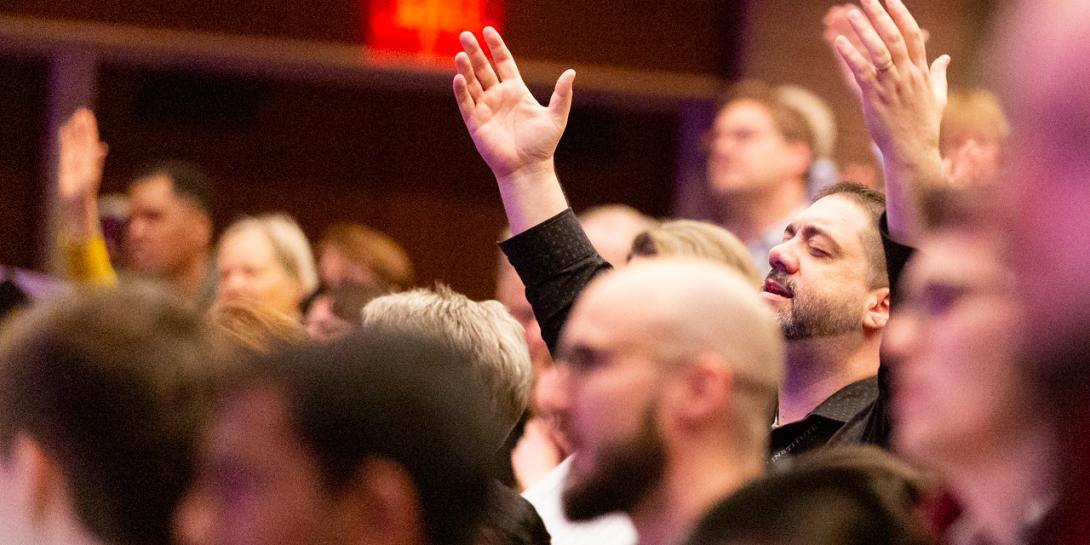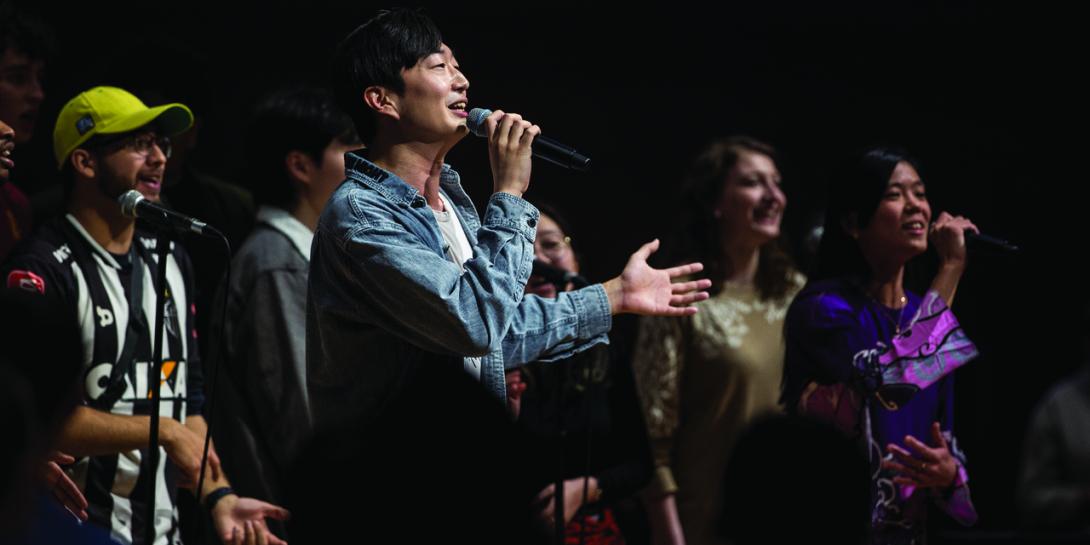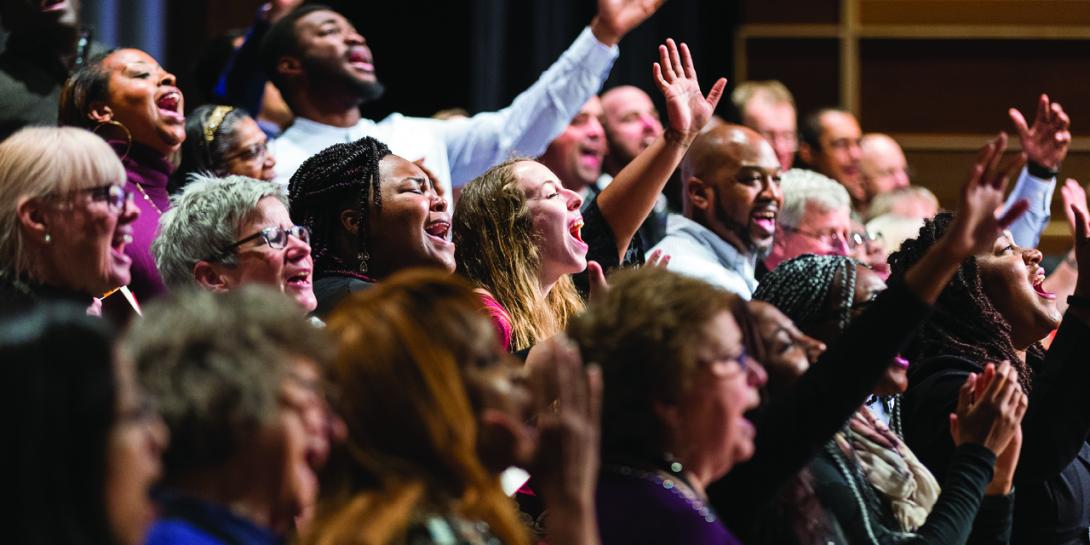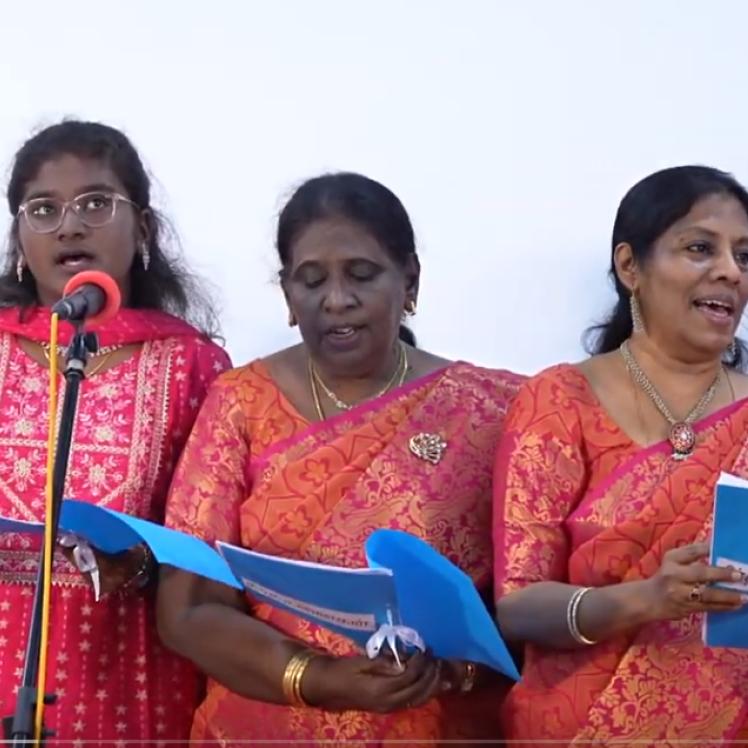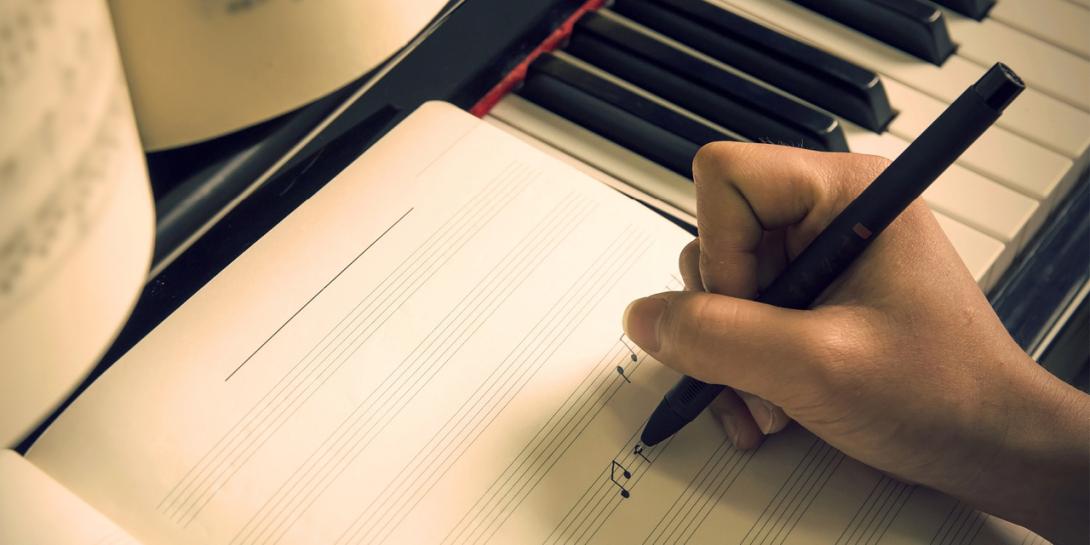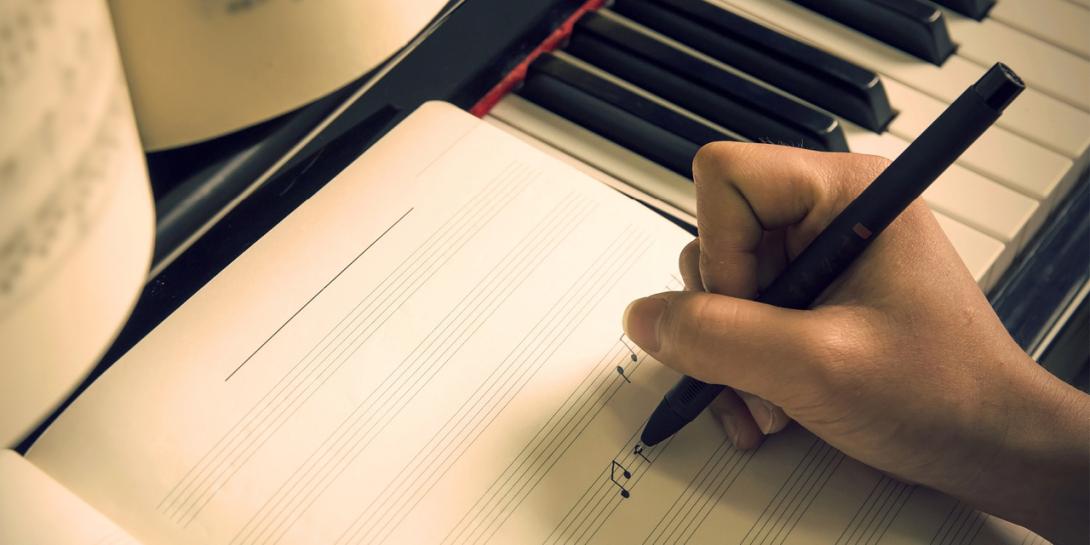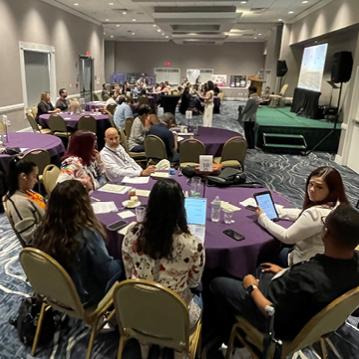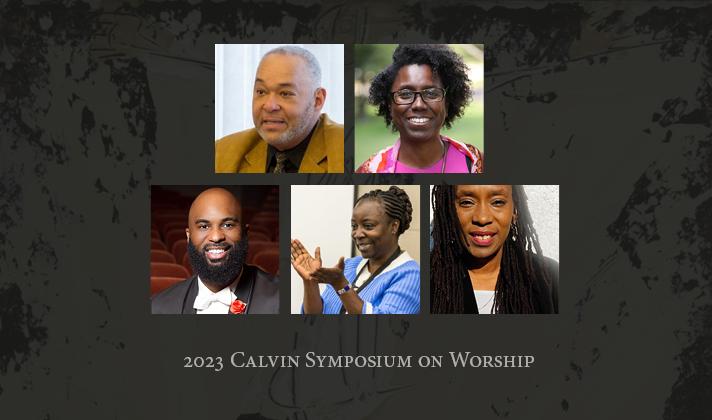Seven Tips for Choosing Contemporary Worship Songs
Does your worshiping community sing contemporary worship songs from the CCLI Top 100 list? If so, maybe you wonder how these songs are forming worshipers’ views of God and the life God calls us to. Worship leaders and contemporary worship experts offer seven tips for evaluating your song choices and filling in gaps.
Vetting CCLI Worship Songs for Faith Formation
Several denominations have created or are creating rubrics for vetting CCLI Top 100 contemporary worship songs. Vetting sparks conversations that help worship leaders make faithful decisions about which songs to put on congregations’ lips.
Robert Feduccia on the CCLI Song Select Liturgy Section
Churches around the world seek permission to use contemporary worship music from Christian Copyright Licensing, Inc., or CCLI. Late in 2018, CCLI Song Select quietly introduced a liturgical section to help churches select contemporary music that fits the classic ordo, the four-fold pattern of worship. Robert Feduccia explains why.
Brian Hehn on an Ecumenical CCLI Top Songs List
CCLI (Christian Copyright Licensing, Inc.) hugely influences what many congregations sing, so the United Methodist Church began vetting CCLI Top 100 songs in 2015. Since then, song leader Brian Hehn has been encouraging other denominations to vet these popular contemporary worship songs so he can eventually create an ecumenically approved list of CCLI Top 100 songs.
Susheila Williams: Using the Arts to Express Tamil Christianity in India
Susheila Williams, a scholar, painter, and music enthusiast, draws on her native language and culture to express Tamil Christianity in India. She uses her education, privilege, and biblical faith to improve the lives of women, especially those who are most marginalized.
Traditional Keerthanai Concert with English Translations
This Manamahizh Keerthani Kuzhu concert in India includes Tamil-language Christian keerthanai praise and devotional songs sung in the traditional manner. Group members sang in Tamil but translated the lyrics into English.
Tamil Christians Revive Keerthanai Music
Christians in South India are reviving keerthanais, poems of Christian praise and devotion sung in the Tamil language. They are working to bring this cultural expression back into church worship
Anneli Loepp Thiessen on Collaborative Songwriting and Copyright
Anabaptist Worship Network used a Vital Worship Grant from the Calvin Institute of Christian Worship to host a songwriting retreat. A diverse group of Anabaptist songwriters gathered for three days to collaboratively write songs, raising questions around copyright justice and remuneration.
Anneli Loepp Thiessen on Creating Non-Hymnal Songs
Even when denominations try their best to compile culturally sensitive hymnals, not every congregation can or should use that hymnal. That’s why Anabaptist Worship Network works to include more people and cultures in creating new songs for use in worship.
Until Justice and Peace Embrace: A Service of Lessons and Carols
In a world filled with violence, injustice, and despair, the Advent and Christmas gospel comes, wondrously, with two strands of promise: one that touches neighborhoods racked in violence, one that is as intimate as our own interior lives, so often hidden from everyone but God. Both strands of promise are conveyed in a single common word with breathtaking scope: “Peace.”
La Culminación de un Programa Exitoso con Congregaciones Hispanas
En un ambiente de confianza, respeto, y celebración, culminó el Programa de Becas para Congregaciones Hispanas que organizó el Calvin Institute of Christian Worship (CICW) en la ciudad de Orlando, Florida.
Worship Music from Africa and the African Diaspora
What a gift to have in a single conversation leading experts on the rich history of Christian worship music in the continent of Africa as well as from African diaspora communities in the United States and England! What treasures and insights from this rich history should be more celebrated and cherished? What misunderstandings should be corrected? How can we learn from this rich history without misappropriating it? What signature examples of congregational song should we all learn more about and from? How can we all continue to learn more and explore more deeply connections across continents and Christian traditions?

